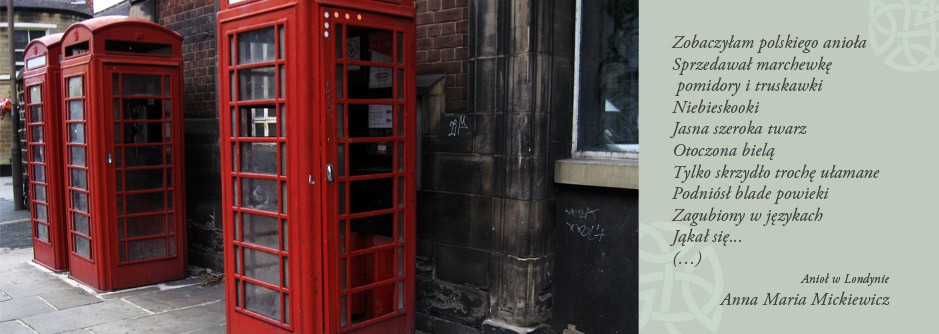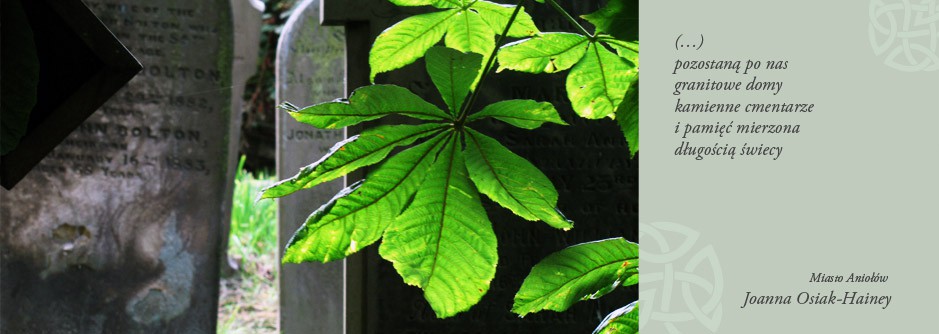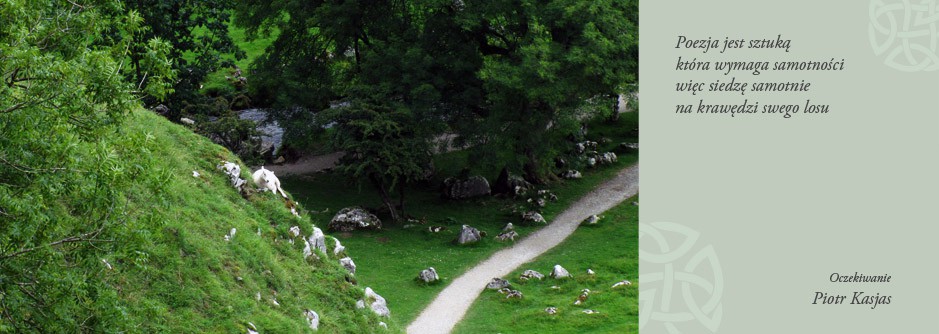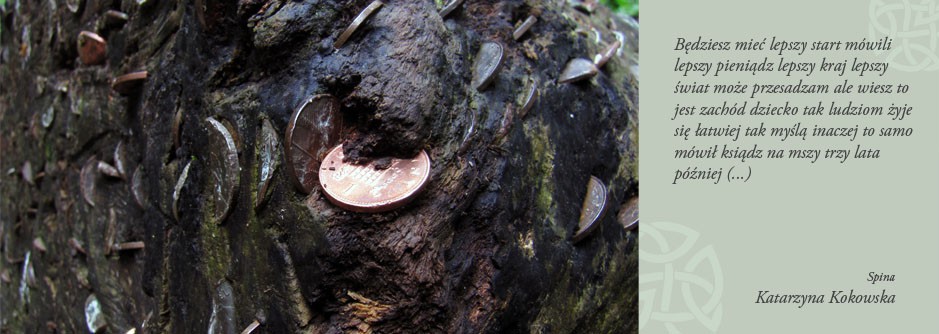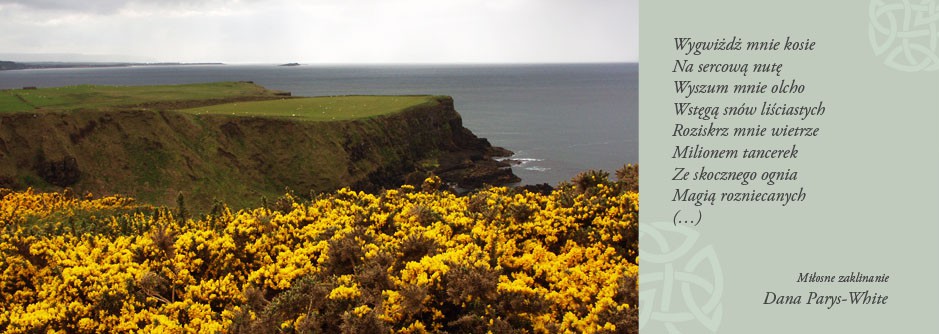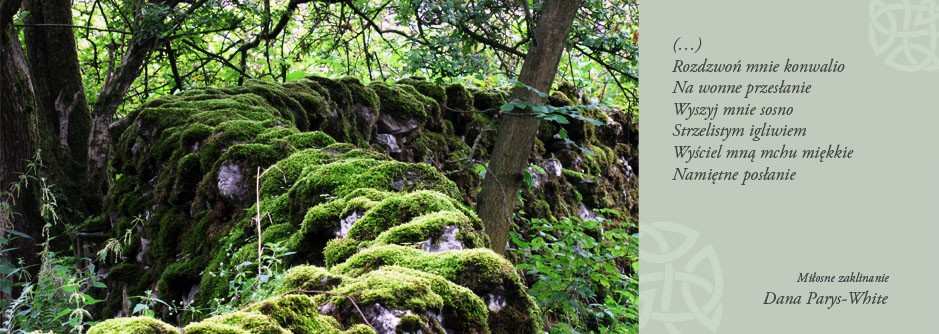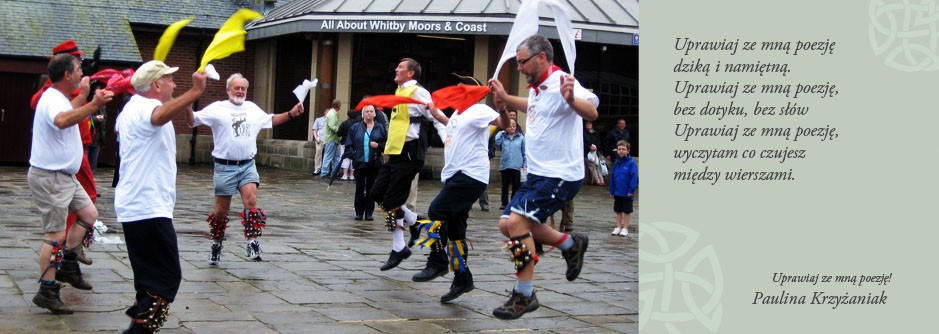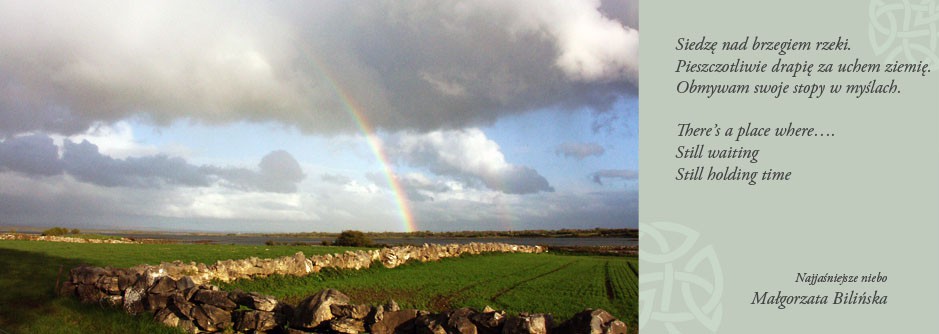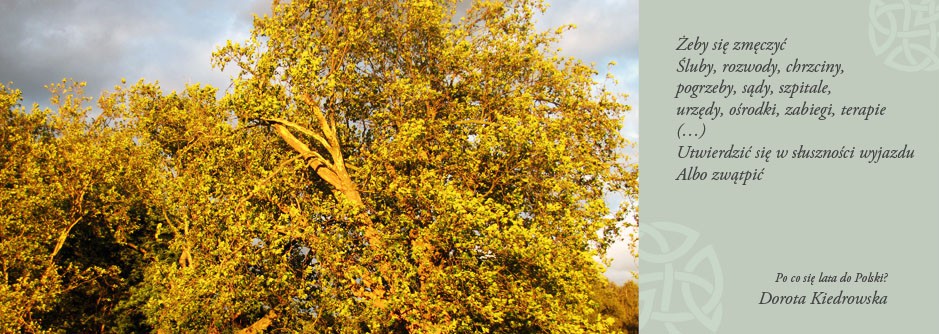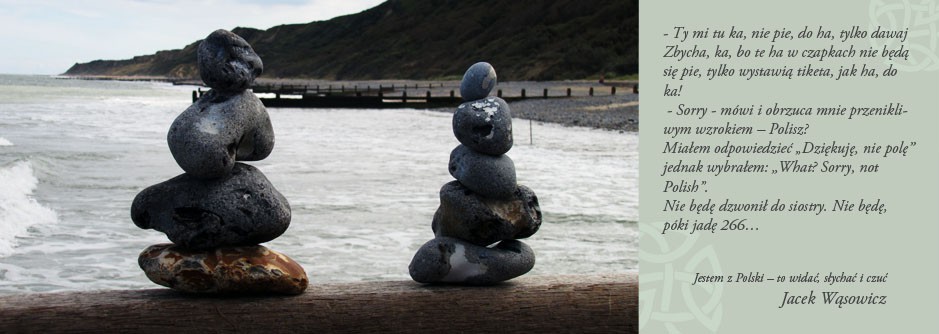POLISH (E)MIGRATION LITERATURE IN GREAT BRITAIN AND IRELAND SINCE 2004
RESEARCH PROJECT
The project Polish (e)migration literature in Ireland and Great Britain since 2004 (DEC-2011/01/B/HS2/05120) is an international and multidisciplinary undertaking that was run at the University of Łódź between 2011 and 2015. The funding from the National Science Centre allowed us to carry out the extensive research on migrant literature written by Polish authors who have lived in Ireland and the British Isles and incorporate the writings into the critical and literary discourse in Poland and abroad.
The aim of the project was to determine whether migration experiences have influenced the production of writers and to find out how these experiences have been expressed in literature and culture. The answers to these questions can be found in the third issue of Teksty Drugie (2016) that is devoted to (E)migrant literature and in the Virtual Archive where we have gathered, analysed and presented a great variety of literary, film and critical materials that have been very little researched so far.
The Archive is comprised of three main parts: Literature, Culture, and Critical Texts. The literary section includes the bibliography (featuring books by Polish, Irish, and British writers that have been published since 2004 and that allude to the recent migrations of Poles), the profiles of the authors whose works are mentioned in the bibliography, and the listing of Polish literary groups and publishing houses in the United Kingdom and Ireland. The cultural section focuses on the representations of Polish migrants in film and theatre productions, and the Critical Texts section aims at gathering the academic writings which trace the impact that the post-enlargement migration of Poles has had on literature and culture in Poland, Ireland and Great Britain.
Although the main aim of the Archive is to provide research material for scholars in a number of fields, such as political science, sociology, and cultural and literary studies, we also hope that it will arouse the general reader’s interest in migrant literature.
